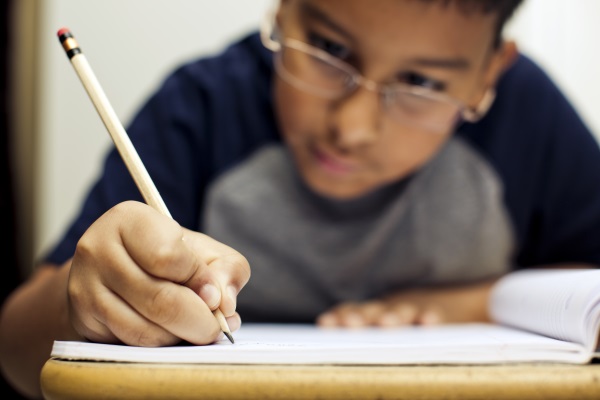Our languages department strives to convince all pupils that they have can thrive at French or Spanish. To do this, we wanted to understand what being 'high potential' actually involves.

‘High potential’ is a puzzling term if you believe, as I do, that every child has latent skills and competencies upon which they can acquire new languages.
Even more dubious if you agree that we should create meaningful learning opportunities for all pupils, so that everyone sees ‘the point’ of their time in my classroom.
We recognised the potential there is to misunderstand ‘high potential’ as ‘high attainment’ or ‘high motivation’.
For example, I could name several of our pupils whose motivation for learning French or Spanish has been exemplary, but whose attainment levels have remained around or below the national average for 14-year olds. Are they 'high potential'?
In an attempt to solve this dilemma, we broadened our perspective to include generic learning skills, which we thought were particularly influential for learning within our subject area.
Everyone in the languages department agreed that ‘high potential’ in languages includes:
We should look for habits and dispositions that pupils adopt to solve problems involving French and Spanish when they don’t initially know the answer (Costa and Kallick, 2000).
According to Costa and Kallick, these habits include:
Metacognition involves knowledge of oneself, the task at hand and the strategies needed to carry out the task. All well and good, but how could we develop the metacognitive skills pupils need to realise their potential in languages? Back to our pedagogy!
Pupils who attend our school languages café, a weekly lunchtime event mixing food, drink and international culture, also demonstrate a lean towards languages borne out of their personal curiosity.
Pupils who submit their homework on time and to a high standard have sufficient knowledge of the task set as well as strategies for filling in any gaps (for example, using dictionaries and searching for appropriate online resources).
But wait, there’s more! We developed templates in our classrooms to support writing, learning and thinking. These include ‘flashy phrases’: sentence starters that allow pupils to plan their own work as well as check what their lesson partner has produced. I currently use seating cards so that each pupil works with a range of peers and learns more about themselves.
Instead of trying to develop our pupils’ potential with a single ‘push’ towards metacognition, we found that using existing tools to extend our current practice has gone a long way to help pupils thrive as linguists.